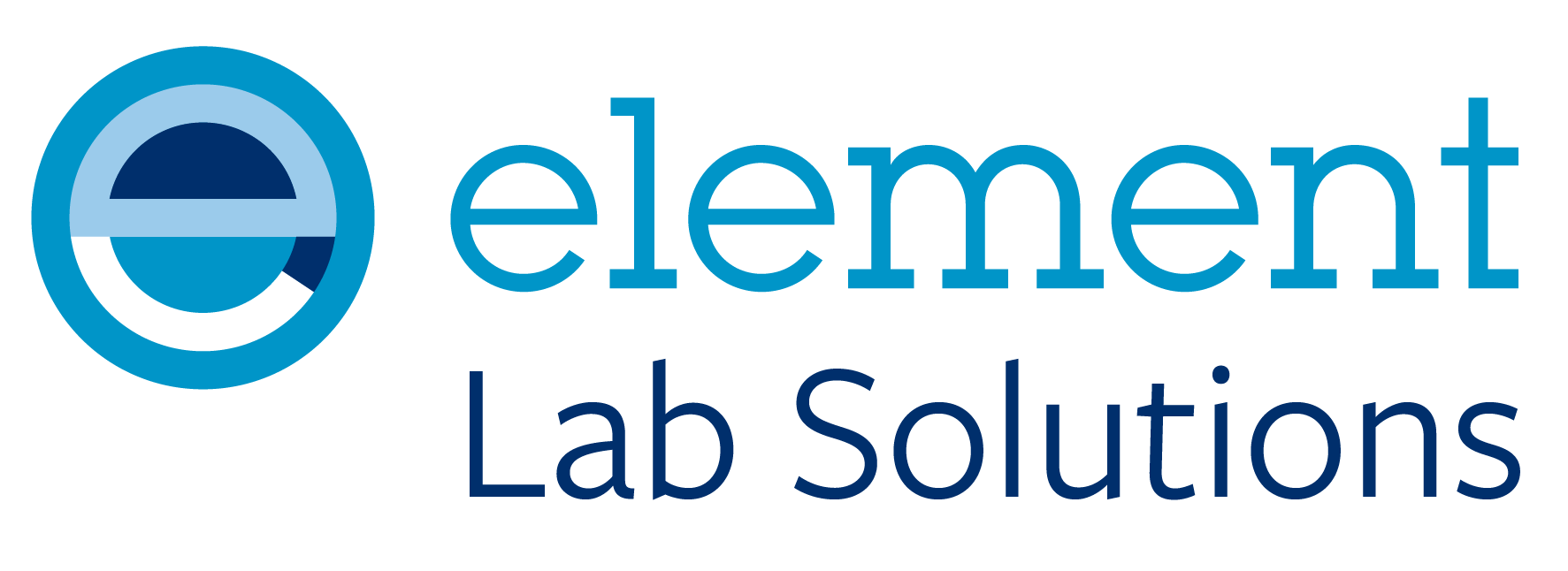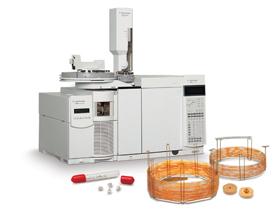GC-MS DATA INTERPRETATION TRAINING COURSE
This course explores the potential of GC analysis with mass spectral detection from a qualitative perspective. You will learn how to systematically analyse a mass spectrum to elucidate the underlying structural information.
Starting from first principles, the training introduces the fundamental chemistry of mass spectrometry and builds up to an examination of the most common fragmentation patterns.
This course is not instrument-specific and is suitable for anyone involved in mass spectrometry, from the analysts that wants to obtain good spectral data to the lab manager who needs to understand spectral interpretation in order to validate that data.
This course is for users of GC-MS equipment, or anyone interested in structural elucidation by GC-MS.
GC-MS DATA INTERPRETATION COURSE DETAILS
- How to optimise instrument and method parameters to obtain high-quality spectral data
- Ionisation and fragmentation mechanisms in GC-MS
- The logical evolution of an ‘Interpretation Toolkit’ with a multitude of practice spectra with worked solution on which to practise new skills
- The fundamental spectral interpretation toolkit, and how to use it when confronted with the mass spectrum of an unknown
We offer flexible delivery options for this instructor-led course:
- On-site: one full-day session at your laboratory or any location of your choice.
-
Online: two half-day interactive sessions.
View our online training calendar for upcoming dates.
A good working knowledge of the technique is required. A basic knowledge of organic chemistry is advantageous but not essential.
-
Basic Chemistry
- Review of the chemistry of ions, electrons and radicals and isotopes vital to understanding of molecular fragmentation and ionisation
- The principles of isotopic normalisation
-
Principles of ionisation
- Techniques and impact on ionisation and fragmentation of Electron Impact (EI) and Chemically Induced (CI) ionisation mechanisms
-
Fragmentation Mechanisms
- Homo and heterolytic fission
- Alpha cleavage
- Inductive cleavage
- McLafferty rearrangement and ortho effects
- Retro Diels-Alder reactions
-
Interpretation Rules
- General appearance
- Isotopic abundances
- Isotopic normalisation
- Common ion series
- Rings and double bonds
- The nitrogen rule
- Logical (illogical) neutral molecular losses
- Logical (illogical) neutral fragment losses
- Ion stability
-
Interpretation Practice
- At all points during the course, practice spectra are given to highlight and allow the student to learn the principles under investigation
- The course ends with practice exercises on several spectra to confirm overall understanding




